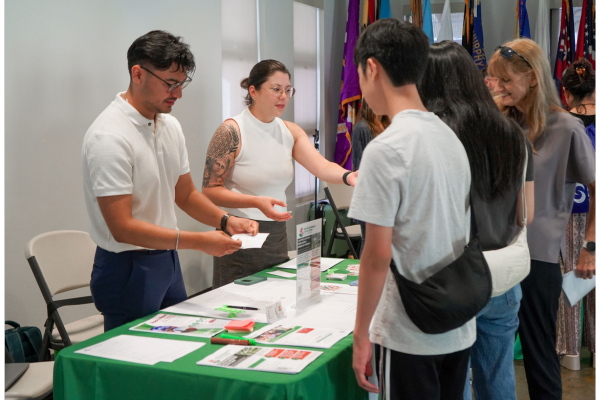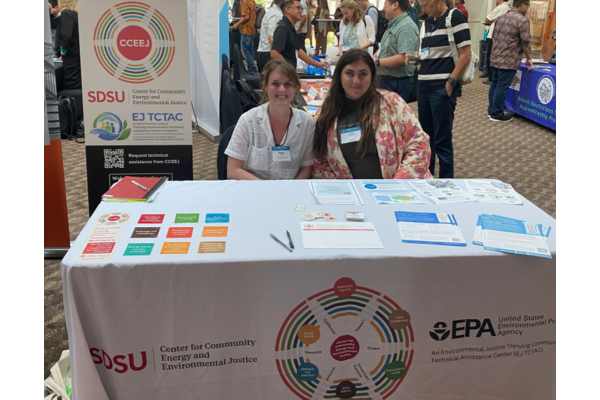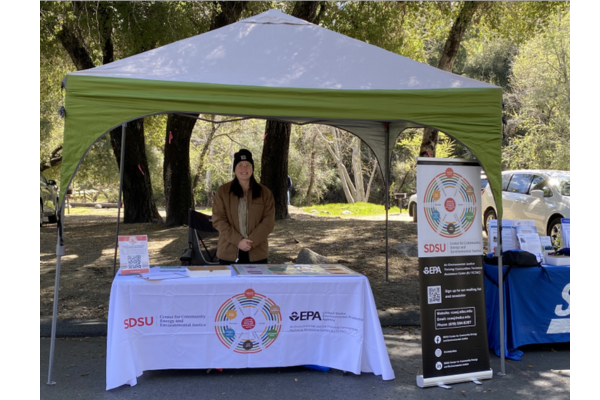CCEEJ Partners
CCEEJ is powered by the following collaboration of regional and national institutions and organizations.
SDSU’s Center for Climate Equity and Resilience supports ongoing projects and initiatives at SDSU committed to sustainable and equitable futures for all. Projects in the Climate Center tackle coupled social and environmental climate challenges, working towards tactical, equitable, and future-focused solutions. The Center and SDSU have decades of experience leading initiatives in service of communities, specifically in the areas of environmental and health disparities, land use, air and water quality, and food security.
The Center for Creative Land Recycling (CCLR) works with community partners on equitable and just brownfields redevelopment and land reuse. CCLR is the Technical Assistance to Brownfields provider for the EPA and the CA Department of Toxic Substances Control’s Equitable Communities Revitalization Grant program. In the last five years alone, CCLR has assisted over 1,000 communities nationally under grants and contracts from the EPA, state agencies, local governments, and private firms.
The Climate Science Alliance (Alliance) is a cross-sectoral network that has built bridges between communities, scientists, and resource managers. Their goal is to promote climate justice by safeguarding communities and cultural and natural resources from the impacts of climate change. The cornerstone of the Alliance’s efforts to support Indigenous climate adaptation is their Tribal Working Group. The Alliance will serve as a conduit to its network of 400+ partners across Southern California, which includes federal, state, local, and Tribal governments, NGOs, businesses, and local communities.
Public Health Alliance (PHA) provides technical assistance to diverse partners providing public health and equity expertise on a variety of issues including climate change, transportation, and environmental policy and programs. PHA has been a national leader in developing The Equity Health which helps ensure that underserved communities facing environmental and health burdens receive the support they need to thrive.
CCEEJ in the Community

CCEEJ's Loren Halili and West Environmental Justice Center's Javier Aguiniga at the Territorial Climate and Infrastructure Workshop.

CCEEJ's Paige Dawson and the EPA's Dani Allen-Williams attend the 11th Hawai’i Energy Conference.


